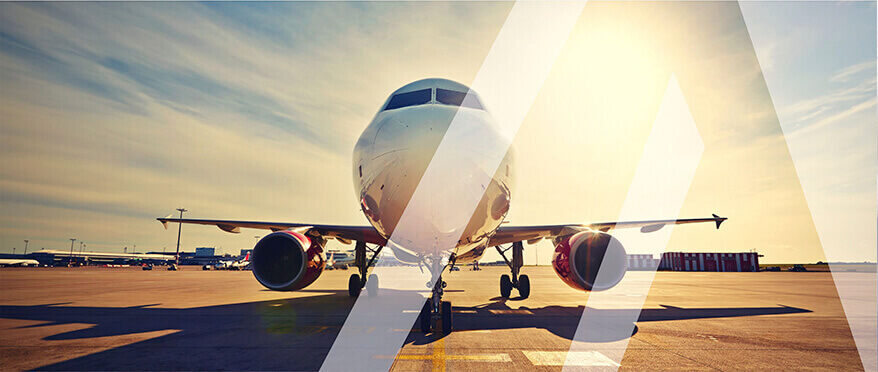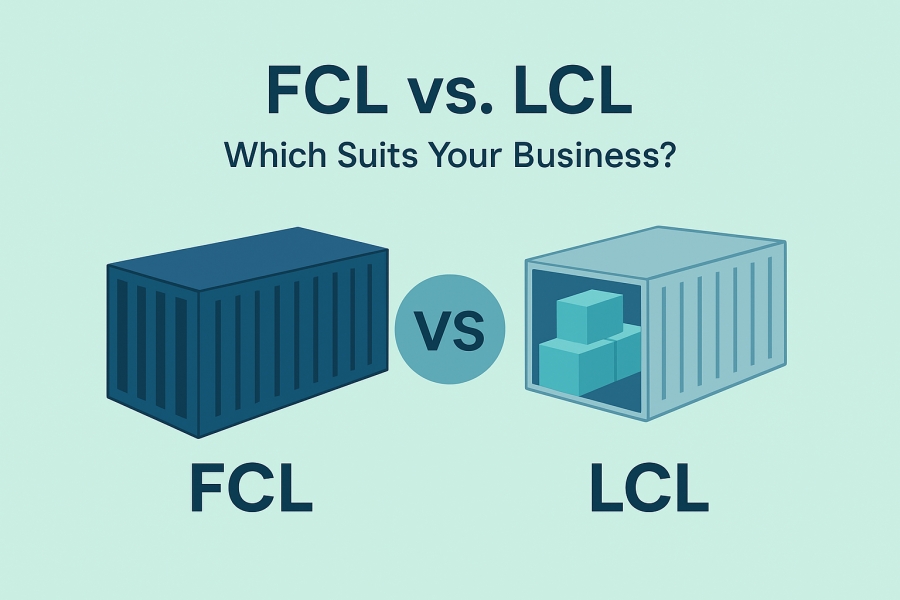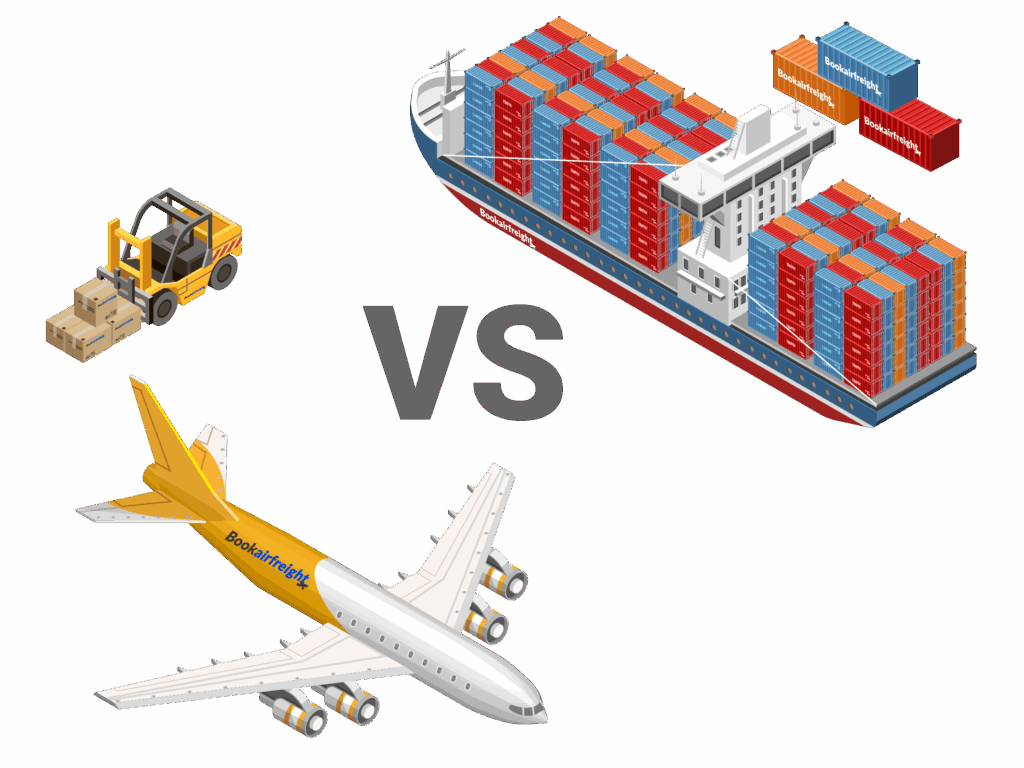- By TOP CHINA FREIGHT
- September 10, 2025
- Shipping
Table of Contents
Shipping from China to South Africa cost is a key concern for businesses importing goods internationally. Importers often face challenges such as fluctuating freight rates, customs clearance, and transit delays. This guide provides detailed insights on shipping costs, compares transport options, and offers practical techniques to optimize your supply chain for cost efficiency.

What are the main shipping methods from China to South Africa?
Businesses primarily use sea freight and air freight for China–South Africa shipments. Each method has advantages depending on shipment size, urgency, and budget.
| Shipping Method | Average Transit Time | Cost Range (per CBM) | Pros | Cons |
|---|---|---|---|---|
| Sea Freight (FCL) | 20–35 days | $2,200–$4,000 (20ft) | Cost-effective, ideal for bulk | Slower, port congestion possible |
| Sea Freight (LCL) | 25–40 days | $120–$180 | Affordable for small shipments | Longer handling, higher risk of damage |
| Air Freight | 5–10 days | $5–$8/kg | Fastest, priority customs | Expensive, limited capacity |
For large shipments, Full Container Load (FCL) is recommended, while Less than Container Load (LCL) suits smaller consignments. Sea freight remains the most widely used method due to cost efficiency.
How much does it cost to ship containers to South Africa?

Shipping costs depend on container size, origin port, destination port, and cargo type. Prices fluctuate with fuel costs, seasonal demand, and global supply chain trends.
| Container Type | Average Cost (China to South Africa) | Suitable For |
|---|---|---|
| 20ft Container | $2,200–$4,000 | Small to medium shipments |
| 40ft Container | $4,000–$6,500 | Large cargo, machinery |
| 40ft HC | $4,200–$6,800 | Voluminous but light goods |
Other costs include handling fees, customs duties, insurance, and inland transport. A reliable freight forwarder can help minimize hidden fees and consolidate shipments to save costs.
What factors influence shipping costs from China?
Bunker Adjustment Factor (BAF) and peak season surcharges can increase rates
Hazardous or oversized goods require special handling
Larger containers increase upfront costs but reduce per-unit expenses
Direct routes are faster but sometimes costlier
Peak seasons, such as Chinese New Year, may spike costs
How long does shipping from China to South Africa take?
Transit time varies depending on departure and arrival ports. Major Chinese ports like Shanghai, Ningbo, and Shenzhen connect frequently with Durban, Cape Town, and Johannesburg.
| Route | Average Transit Time |
|---|---|
| Shanghai to Durban | 25–30 days |
| Ningbo to Cape Town | 28–35 days |
| Shenzhen to Johannesburg | 27–32 days |
| Qingdao to Port Elizabeth | 30–38 days |
Delays can occur due to customs inspections, vessel congestion, or adverse weather. Planning shipments well in advance helps maintain a predictable supply chain.
Which documents are required for shipping to South Africa?

Accurate documentation ensures smooth customs clearance. Missing or incorrect paperwork may result in delays or fines.
| Document | Purpose |
|---|---|
| Bill of Lading | Proof of shipment |
| Commercial Invoice | Declares value and details of goods |
| Packing List | Lists contents and weight |
| Certificate of Origin | Confirms country of manufacture |
| Import Declaration | Required by South African Customs |
| Insurance Certificate | Protects against cargo loss or damage |
Should I choose FCL or LCL shipping?

| Option | Pros | Cons |
|---|---|---|
| FCL | Secure, fast, economical for bulk | Higher upfront cost |
| LCL | Affordable for small loads, flexible | Risk of delays, cargo mixing |
Choosing the right option depends on shipment volume, urgency, and budget constraints.
How does customs clearance affect shipping costs?
Customs clearance is mandatory for all imported goods. South African Revenue Service (SARS) inspects shipments to ensure compliance.
Typical Costs:
- Import Duty: 0–20% (depending on product type)
- VAT: 15%
- Inspection/Quarantine Fees: Varies
Incorrect documentation or undervaluation can lead to delays and additional charges. Working with a customs broker ensures smooth clearance and avoids unexpected costs.
What are the pros and cons of air vs sea freight?

Businesses must balance speed, cost, and capacity when choosing shipping methods.
| Freight Type | Pros | Cons |
|---|---|---|
| Sea Freight | Economical, large capacity | Slower, port congestion possible |
| Air Freight | Fastest, priority customs | Expensive, limited size and weight |
Case Study: Importing Textiles from Shanghai to Durban
A South African apparel retailer imported 40ft containers of textiles from Shanghai. Initially, high freight rates and delayed customs caused problems. By collaborating with a China freight forwarder, they achieved:
- Negotiated stable shipping rates through annual contracts
- Optimized container loading, reducing empty space
- Prepared all customs documents in advance
- Reduced transit time by 5 days using a direct Shanghai–Durban route
This demonstrates the benefits of professional logistics management and strategic planning.
What challenges should businesses anticipate when shipping?
Even established trade routes present risks:
- Port congestion and delays
- Seasonal shipping cost spikes
- Strict customs inspections
- Risk of damage for LCL shipments
- Unforeseen supply chain disruptions
Mitigation strategies include working with experienced freight forwarders, proper packaging, and monitoring logistics trends.
Conclusion
Shipping from China to South Africa cost is influenced by container size, transport mode, customs fees, and market fluctuations. Sea freight remains cost-effective for bulk shipments, while air freight provides speed for urgent goods. Choosing FCL or LCL depends on shipment size and budget. Working with a professional freight forwarder streamlines documentation, ensures smooth customs clearance, and reduces risks. Careful planning and informed decisions help businesses save time and costs, maintain predictable transit schedules, and optimize their supply chain.
Need a Shipping Quote?
If you want expert guidance and peace of mind, our team is ready to assist.
TJ China Freight offers tailored solutions to help businesses of all sizes ship more reliably from China.

FAQs
Q1:What factors affect transit time for China–South Africa shipments?
Transit time depends on port selection, shipping method, customs inspections, and seasonal demand. Planning shipments ahead ensures timely delivery.
Q2:Can I ship small cargo efficiently from China?
Yes, LCL shipping is ideal for small consignments, sharing container space with other shipments to reduce costs while ensuring secure delivery.
Q3:How do customs duties impact overall shipping expenses?
Customs duties, VAT, and inspection fees add to shipping costs. Calculating them in advance helps budget accurately and avoid unexpected charges.
Q4:Should I choose sea or air freight for urgent goods?
Air freight is faster but more expensive, while sea freight is economical for bulk cargo. Choose based on urgency, cost, and shipment size.
Q5:How can I reduce risks during shipping?
Properly package goods, use FCL for high-value shipments, and ensure documentation is correct. Partnering with a reliable freight forwarder minimizes delays and damage.
